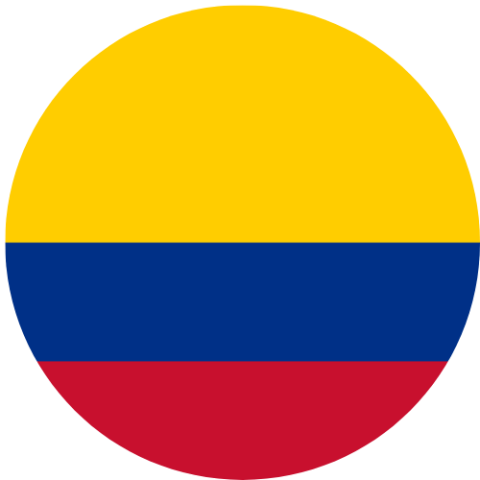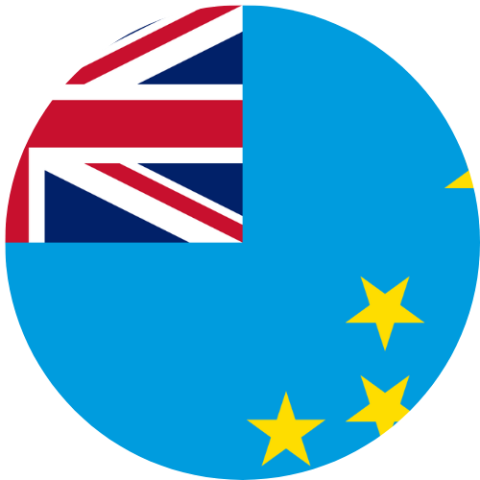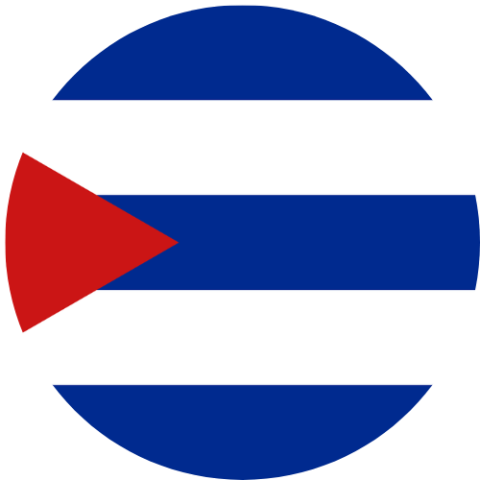UPR Outcomes at the 55th Session of HRC: Highlights
At the 55th Session of the Human Rights Council, the outcome reports from the 44th Session of the Universal Periodic Review (UPR), referred to as Item 6, were adopted.
The reports for Turkmenistan, Burkina Faso, Cabo Verde, Colombia, Uzbekistan, Tuvalu, Germany, Djibouti, Canada, Bangladesh, Russian Federation, Azerbaijan, Cameroon, and Cuba were examined and adopted. During the 44th Session, 3,814 recommendations were made by UN Member States and 2,797 recommendations enjoyed the support from States under Review (73%).
Item 6 serves as a platform in which States share their commitment to the UPR process, and represents an opportunity to provide an update on their progress in the implementation of the recommendations that they have supported in their examination under the UPR. The reviewed States shared their progress in human rights issues such as; women’s rights, combating discrimination, freedom of expression and children’s rights.

Furthermore, states took the opportunity to share their good practices: Bangladesh's National Human Rights Commission established thematic committees, Uzbekistan pledged to the submission of a Midterm report and Colombia committed to the creation of a mechanism to monitor the implementation of received recommendations.
"The Universal Periodic Review is one of the biggest achievements of the United Nations. Everyone commits to facing scrutiny. Everybody has the opportunity to make recommendations," said Ambassador Dr. Katharina Stasch of Germany.
General Debate
On March 26th, at the General Debate for Item 6, UPR Info highlighted the critical role of including mechanisms like the UPR within the framework of the Pact for the Future.
“Pact for the Future" is a document expected to be agreed upon among the member states in September 2024 during the Summit for the Future. The aim of the Summit is twofold: to accelerate efforts to meet our existing international commitments and to take concrete steps to respond to emerging challenges and opportunities. The Pact is expected to be an action-oriented political declaration that would acknowledge the commitments made by member states. The release of the Zero Draft in January 2024 and the forthcoming civil society conference in May mark critical milestones towards finalising the Pact for the Future.
In its statement at Item 6, UPR Info highlighted the crucial role of the UPR in enhancing collaboration among states, their governmental branches, and civil society. This collaborative effort is fundamental for pushing forward the 2030 Agenda alongside human rights and development agendas. "The UPR stands as a pivotal mechanism for fulfilling the objectives outlined in the Pact, steering us towards a future rooted in equity, solidarity, and universality," noted Mona M’Bikay, Executive Director of UPR Info.














